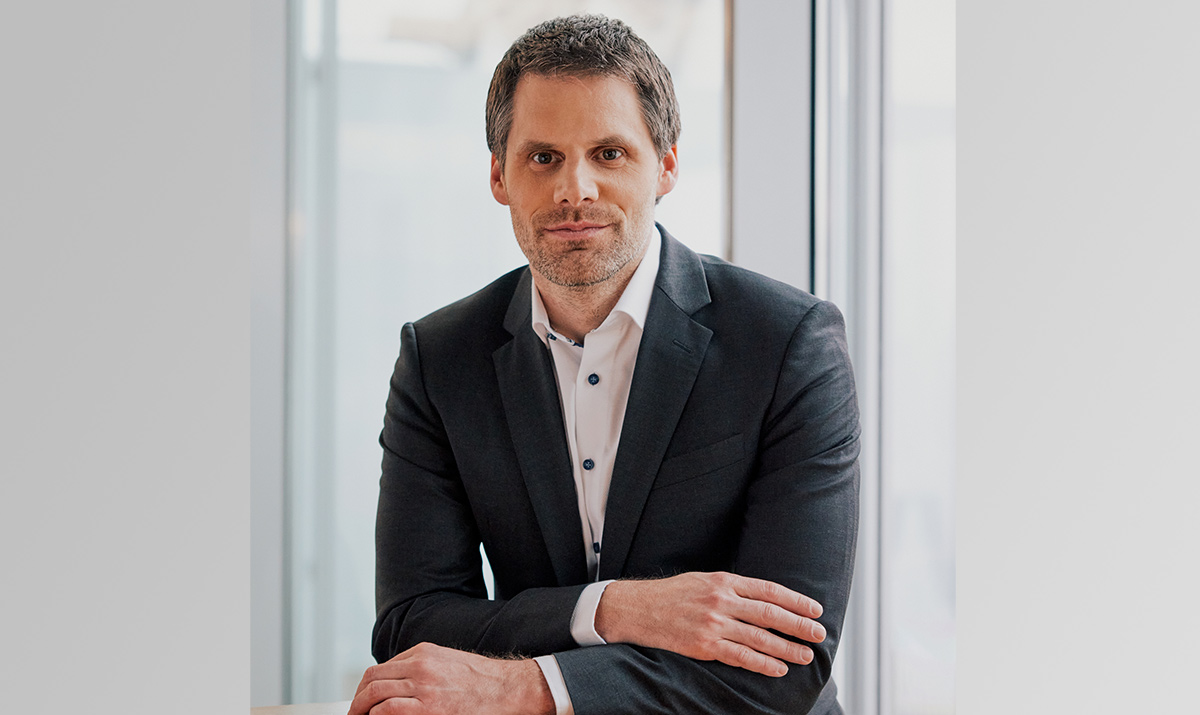
19 Oct Interview with Christian Frommelt, Rector, University of Liechtenstein
Can you give our readers an overview of the University of Liechtenstein’s main programs and scope of operations in 2024?
Our programs are divided into consecutive degrees, bachelor’s, master’s and PhD. These serve around 630 students. Our further education programs serve approximately 200 students through advanced degrees like Master of Business Administration and Master of Laws. We offer various formats in further education, from a few days to multi-semester programs, reaching nearly 2,000 participants. The Liechtenstein Business School provides a bachelor’s in business economics and three master’s programs: information systems, finance and entrepreneurship. Two of these are taught in English, as is the master’s at the Liechtenstein School of Architecture, which also offers a bachelor’s degree. We are an international university, with students from over 45 countries; only 15% of our students are from Liechtenstein as many locals study abroad. We aim to attract international students to study, work and build careers here. In competing with established universities in Switzerland, Austria and Germany, we leverage Liechtenstein’s strong economy, personalized learning environment and close ties to local industry with a focus on digitalization and sustainability.
How would you assess the level of government and public sector support for its universities?
Most research investment in Liechtenstein comes from the private sector. Local companies recognize the importance of research and prioritize it. The state has historically been conservative in funding education but has increasingly supported knowledge and education at all levels over the past five or six decades. Liechtenstein has two universities in addition to the Liechtenstein Institute, which operates similarly to a university. Among these, our university is the only public institution offering a full range of programs from a bachelor’s to a PhD. Although small, we focus on areas highly relevant to the local market. This keeps us competitive with larger institutions such as the University of Zurich and the University of St. Gallen. About 60% of our funding comes from state support, with additional public funds from competitive research programs, and around 25% from private sources. We appreciate this balanced mix of public and private funding as it fosters independence and brings a healthy competitive approach.
What efforts does the university make to support student entrepreneurs in launching new businesses?
Liechtenstein has a strong entrepreneurial culture, with one company for every seven residents. While we lack large corporations, there is a thriving ecosystem of small businesses. We foster this spirit through a startup lab where students interact with experienced founders and startup coaches. This platform offers valuable exchanges, hands-on learning and participation in startup competitions where students can pitch ideas and potentially secure funding. We guide students on funding options and application processes to support their ventures. Many local startups exemplify this innovative spirit by combining digital technology with new products — such as an online marketplace for locally sourced meat or a newly established drone company.
How would you assess the level of digitization within Liechtenstein’s tertiary education and research sector?
Digitalization is significant in our tertiary education, although we prioritize in-person learning. Unlike larger universities that easily support hybrid classes with both virtual and in-person students, our smaller class sizes require a choice between virtual or in-person formats, with most courses conducted on campus. However, we incorporate various digital tools to simulate real-world scenarios, including campus management systems, online teaching platforms, artificial intelligence tools and virtual reality. This is especially true in further education. These technologies enhance the learning experience and familiarize students with digital applications.
How has the University of Liechtenstein grown alongside its international partnerships?
Founded as an evening engineering school, we evolved into a university in 2011 and have achieved international recognition and high-quality standards. Our accreditation with the Association to Advance Collegiate Schools of Business, a top standard for business and business law schools, underscores our commitment to both teaching and research and enables valuable exchanges with international professors and students, especially in the USA We are also accredited by the Royal Institute of British Architects, which ensures our programs meet globally accepted standards for quality. Liechtenstein offers an ideal setting; we are a small, beautiful country with a dynamic economy. We pride ourselves in our family-like atmosphere, with close teacher-student connections, especially in architecture and business. Our programs emphasize practical experience and strong ties to local companies. This allows students to build networks and gain hands-on skills. We are known for specialized fields such as innovative finance, integrating artificial intelligence and digitalization and sustainability in architecture, particularly with materials like clay, which is both sustainable and versatile. With Liechtenstein’s limited natural resources, clay has significant potential for environmentally friendly construction. Our focus on these areas has quickly established us as a growing international player.
What are your top priorities as rector in 2024, and what long-term vision do you have for the university?
My main goal is to strengthen the university as a knowledge hub in Liechtenstein and raise awareness about the contributions a modern university can make. Beyond traditional education, we aim to prepare young people with the skills needed in today’s labor market and foster knowledge and technology transfer between businesses and society. I also prioritize public engagement. We host events that demonstrate how research addresses societal and economic questions. In a polarized world with mixed media quality, it is crucial that universities set high standards, stimulate meaningful dialogue and serve as a platform for public discussion on a wide range of topics. Anchoring our university in this way shows the community the value of knowledge and education.
